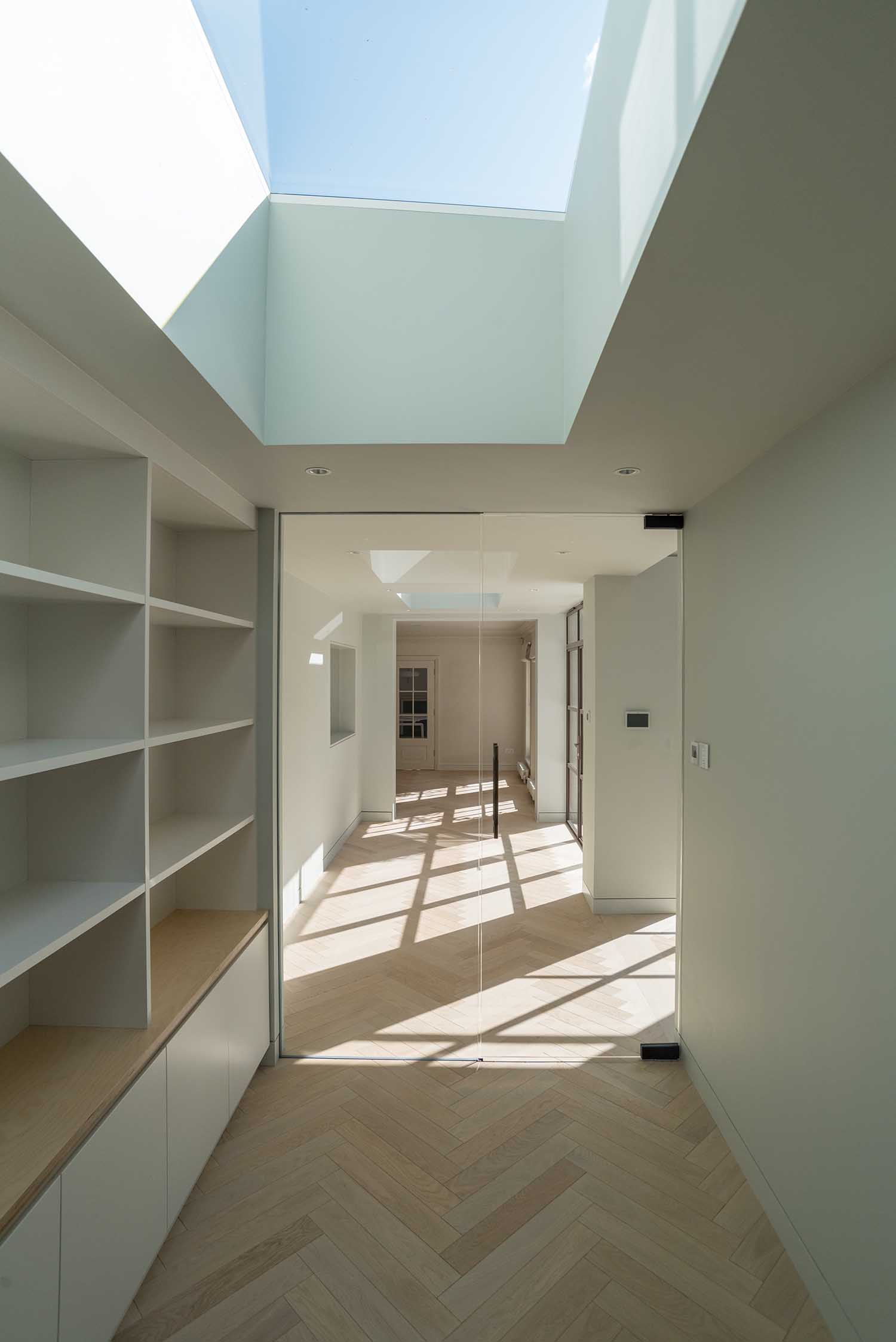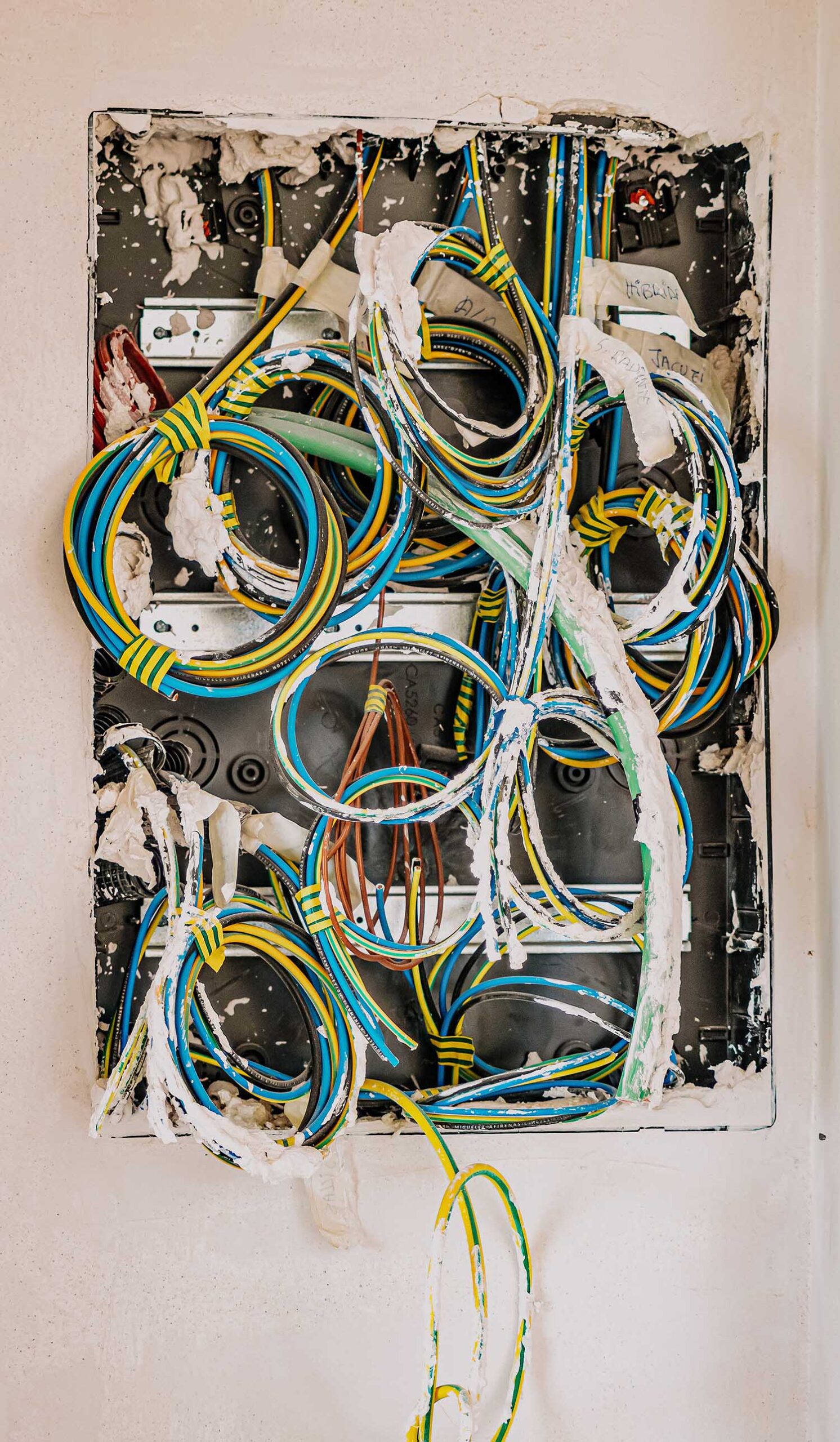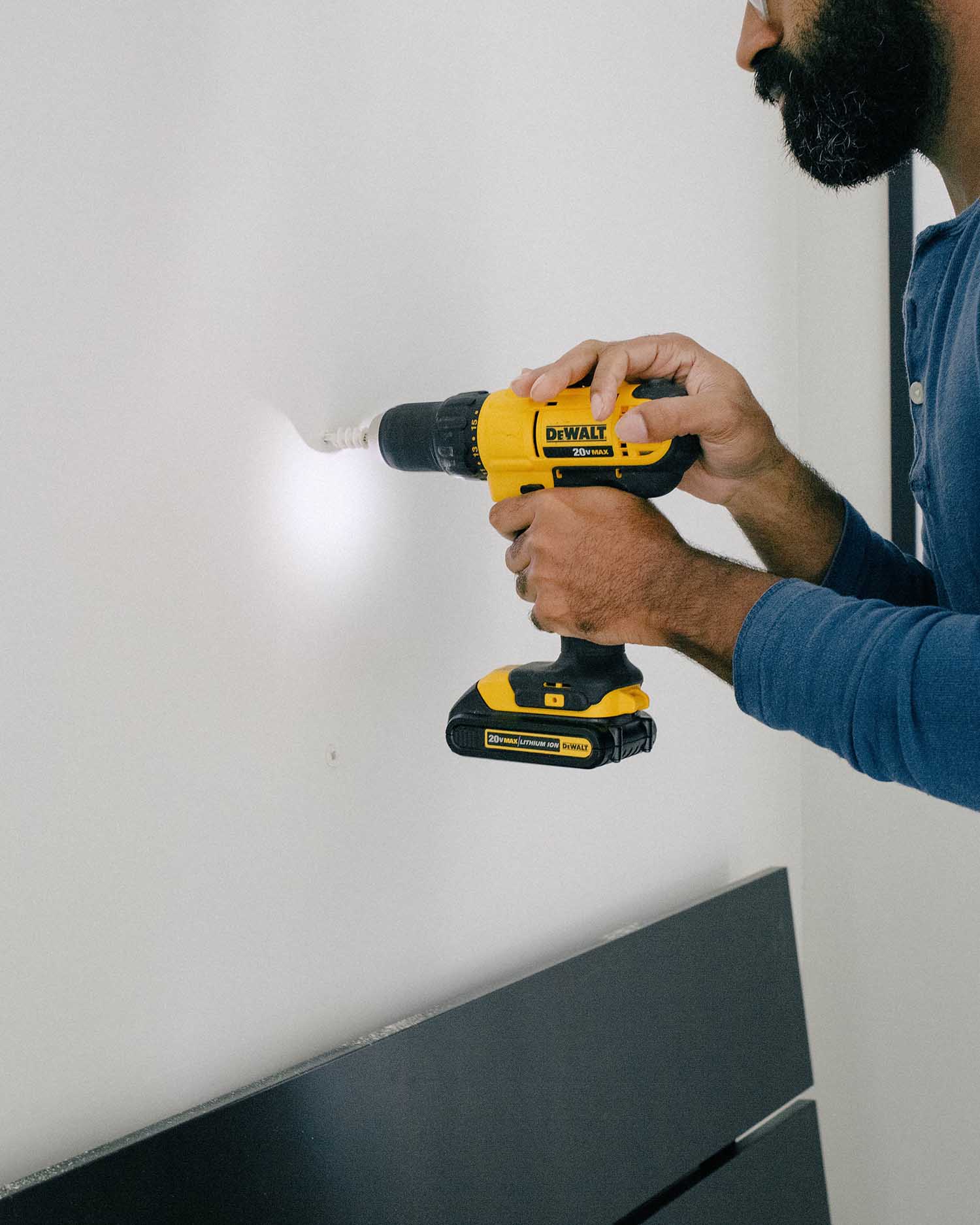
When designing a home, it is crucial to have some basic electrical knowledge. Electrical systems are essential for powering lights, appliances, and electronics and can be dangerous if not installed or used correctly. Here are some key things you need to know about electrical systems when designing a home.
Electrical Codes and Regulations
It is essential to understand your area’s electrical codes and regulations in when designing a home. These codes and regulations specify the minimum requirements for wiring, outlets, and other electrical components. You must ensure that your home design adheres to the codes and regulations to ensure the safety of the occupants.
Electrical Panel
The electrical panel is the hub of the electrical system in a home. It is where the power from the utility company enters the house and is distributed to the various circuits. The panel should be located in a central location that is easily accessible and should have sufficient space for future expansion. Most homes typically have a circuit breaker or a fuse box as the electric panel. Research Circuit Breakers Vs Fuse Box to know which would suit your home better.

Wiring
Wiring is an important part of the electrical system in a home. The wiring should be of the correct gauge and type for the circuit it will be used on. For example, 14-gauge wire is typically used for lighting circuits, while a 12-gauge wire is used for outlets and appliances. The wiring should be installed correctly, with no loose connections or exposed wires.
Outlets
Outlets are where electrical devices are plugged in. Outlets should be located in convenient locations throughout the home and should be installed with the correct wiring and protection. GFCI (Ground Fault Circuit Interrupter) outlets should be installed in areas where there is a risk of electrocution, such as bathrooms, kitchens, and outdoor areas.
Lighting
Lighting is an important part of any home design. The type and placement of lighting fixtures should be carefully considered. The electrical system should be designed to accommodate the desired lighting fixtures, with the correct wiring and circuit protection.
Appliances
Appliances are a major consumer of electrical power in a home. When designing a home, it is essential to consider the electrical requirements of the appliances that will be used. Appliances should be connected to properly sized circuits for their power consumption, and the wiring and outlets should be designed to handle the load.

Safety
Electrical safety is a critical consideration when designing a home. Electrical shock and fire are serious risks associated with faulty electrical systems. To ensure safety, it is important to have a licensed electrician inspect and test the electrical system before it is put into use. Smoke detectors and carbon monoxide detectors should also be installed throughout the home to provide early warning of potential hazards.
Energy Efficiency
Energy efficiency is an important consideration when designing a home. An energy-efficient electrical system can reduce energy costs and minimize the environmental impact of the home. Some ways to increase energy efficiency include using LED lighting, installing energy-efficient appliances, and incorporating renewable energy sources such as solar power.
Electrical Tips to Keep in Mind When Designing your Home
When designing your home, it is essential to remember some electrical tips to ensure that your electrical system is safe, efficient, and meets your needs. Here are some electrical tips to consider:
Plan the Electrical System Early
It is essential to plan the electrical system early in the design process to ensure that it meets your needs and is integrated into the home’s overall design. Planning early can avoid costly changes and ensure that the electrical system is properly integrated into the design.
Consider Future Needs
When planning the electrical system, it is vital to consider future needs. Consider the appliances and devices you plan to use in the future and ensure that the electrical system is designed to accommodate them.
Choose Energy-efficient Appliances
Energy-efficient appliances can reduce energy costs and minimize the home’s environmental impact. When choosing appliances, look for ENERGY STAR certified, which means they meet energy efficiency standards set by the U.S. Environmental Protection Agency.
Use LED Lighting
LED lighting is more energy-efficient and longer-lasting than traditional incandescent bulbs. By using LED lighting, you can reduce energy costs and minimize the need for frequent bulb replacements.
Use GFCI Outlets in Wet Areas
GFCI (Ground Fault Circuit Interrupter) outlets are designed to protect against electrical shock and should be used in wet areas such as bathrooms, kitchens, and outdoor areas.
Use Arc Fault Circuit Interrupters (AFCIs)
Arc fault circuit interrupters (AFCIs) are designed to protect against electrical fires caused by electrical arcs. AFCIs should be used in bedrooms, living rooms, and other areas where people may use electrical devices such as computers, televisions, and lamps.
Install a Whole-house Surge Protector
A whole-house surge protector can help protect your home’s electrical system from power surges caused by lightning strikes, power outages, or other events. A licensed electrician can install a whole-house surge protector for your home.
Hire a Licensed Electrician
Working with a licensed electrician is important to ensure your electrical system is installed and maintained properly. A licensed electrician can help to ensure that your electrical system meets code requirements, is safe, and functions properly.
Summing Up
When designing your home, it is essential to have a basic understanding of electrical systems and to consider these electrical tips to ensure that your electrical system is safe, efficient, and meets your needs. By planning early, choosing energy-efficient appliances and lighting, and working with a licensed electrician, you can create an electrical system that provides reliable, safe, and efficient power to your home.



